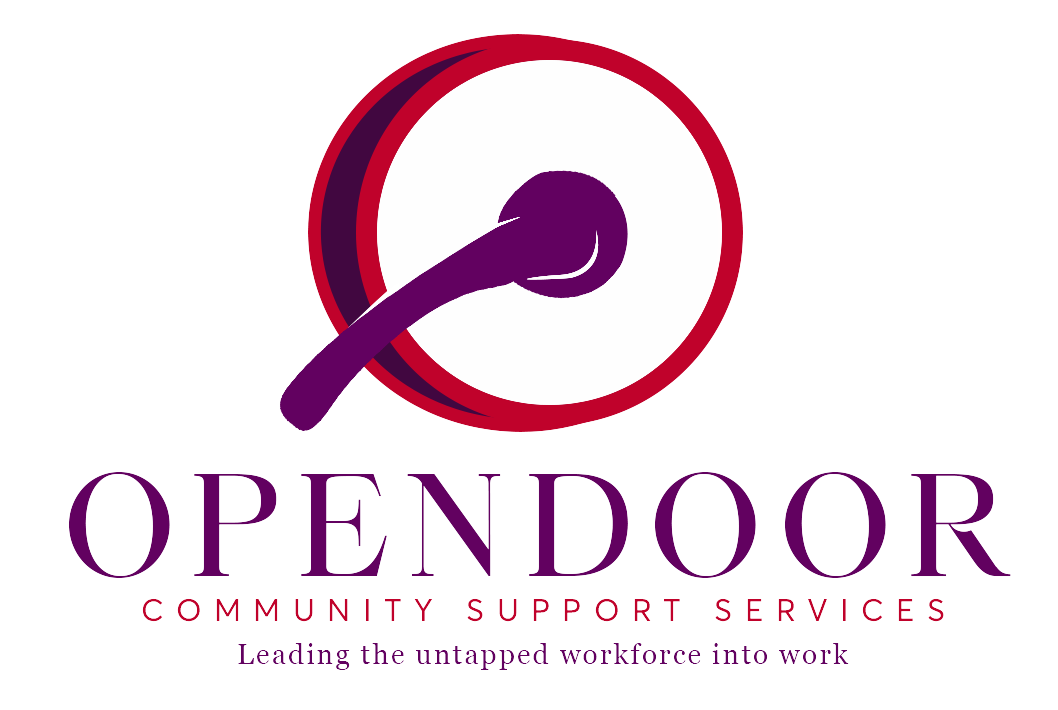
TRANSPORTATION SERVICES
OCSS provides mobility services and training for adults with intellectual / developmental disabilities to be capable of safe, independent, and socially integrated mobility.
Individuals with disabilities can benefit significantly from accessible transportation services in several ways:
Increased Mobility
Accessible transportation services enable individuals with disabilities to travel more freely, expanding their opportunities for employment, education, social activities, healthcare appointments, and leisure activities.
Independence and Autonomy
Access to transportation allows individuals with disabilities to have more control over their lives, reducing reliance on others for transportation needs. This independence fosters a sense of autonomy and self-sufficiency achieved through mobility training in a person-centered approach
Improved Quality of Life
Transportation services can enhance the overall quality of life for individuals with disabilities by facilitating access to essential services, such as healthcare facilities, community centers, and recreational venues. This can contribute to improved mental and physical well-being.
Social Inclusion
Accessible transportation promotes social inclusion by enabling individuals with disabilities to participate in community events, gatherings, and social activities. It helps them connect with friends, family, and broader social networks, reducing feelings of isolation and loneliness.
Employment Opportunities
Reliable transportation is crucial for accessing employment opportunities. Accessible transportation services can help individuals with disabilities commute to work, attend job interviews, and participate in vocational training programs, thereby increasing their chances of gaining meaningful employment and achieving financial independence.
Educational Access
Accessible transportation facilitates access to educational institutions, including schools, colleges, and vocational training centers. This ensures that they can pursue their academic and professional goals without barriers related to transportation.
Equal Access to Public Services
Accessible transportation ensures that individuals have equal access to public services and facilities, such as government offices, libraries, and recreational areas. This fosters a more inclusive society where everyone can fully participate and contribute.


